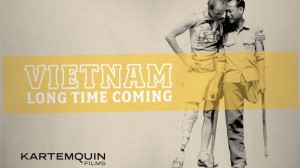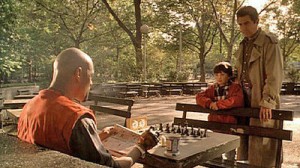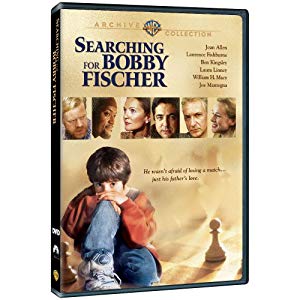Vietnam: Long Time Coming
A Critic’s Choice from the April 9, 1999 Chicago Reader. Seeing Luigi Zampa’s wonderful To Live in Peace (1947) yesterday, for the first time, at Il Cinema Ritrovato in Bologna, I discovered the same theme attached to an earlier and more “popular” war, expressed largely in comic and even farcical terms. — J.R.
Essential viewing. This documentary about a group of American and Vietnamese war veterans, many of them disabled, bicycling 1,200 miles from Hanoi to Ho Chi Minh City is many things at once — act of witness, account of a multicultural exchange, sports story, journalistic investigation, and mourning for the devastation of war. Ultimately it may be too many things to yield a cumulative effect, yet its scenes of former soldiers struggling with the meaning of the war are the most moving ones on the subject since Winter Soldier (a wartime agitprop film in which Vietnam veterans confessed their “war crimes”). The corporate sponsorship of the bicycle marathon adds many ironic layers, but the emotional encounters it permitted seem more important than anything else I’ve seen about our involvement in Vietnam. Coproduced by Chicago’s Kartemquin Films and directed by Jerry Blumenthal, Gordon Quinn, and Peter Gilbert (Hoop Dreams). Read more



